Mattering Press is a UK registered charity, whose charitable object is focused on advancing understandings of Science and Technology Studies via its open access books. As such, we report annually to the Charity Commisison for England and Wales, in line with our financial year, which ends annually on April the 5th.
We are strongly committed to being transparent about our activities as a press and a charity. We therefore provide as much detail as we can in our reports. Past reports, as well as our accounts, and further details about Mattering Press can be accessed directly on the Charity Commission website.
Below is our report for the 2023 to 2024 financial year. For the 2024 to 2025 financial year, we plan to move our reporting forward to shortly after the year closes, in either May or June.
These reports are also aimed at those seeking to understand more about the press’ work, including institutions that provide the press with annual financial support, via our Supporter Programme hosted by the Open Book Collective. As we explore in the report below, this funding is vital to the sustainability of the press.
Aims and purposes
Mattering Press is an Open Access publisher that is dedicated to increasing access to the social scientific study of expert-led knowledge in a field often referred to as Science and Technology Studies (STS). As an open access publisher we aim to increase access to research in the field of STS by making it widely and freely available in the form of monographs and edited collections.
Mattering Press established itself as a Charitable Incorporated Organisation (CIO) on the 15th May 2013. The object of the charity as set out in our constitution is “To advance the education of the public in Science and Technology Studies, in particular by commissioning and publishing social scientific work on an open access basis”. All Mattering books are, therefore, freely available as ebooks and as printed books to purchase. We also support books using formats that are experimental or difficult to publish using conventional publishing models.
Publications this year
This year we were very pleased to mark the publication of the Second Edition of The Ethnographic Case, edited by Emily Yates-Doerr and Christine Labuski. As with most of our books, the cover was designed by Mattering Press Editor and Trustee, Julien McHardy.
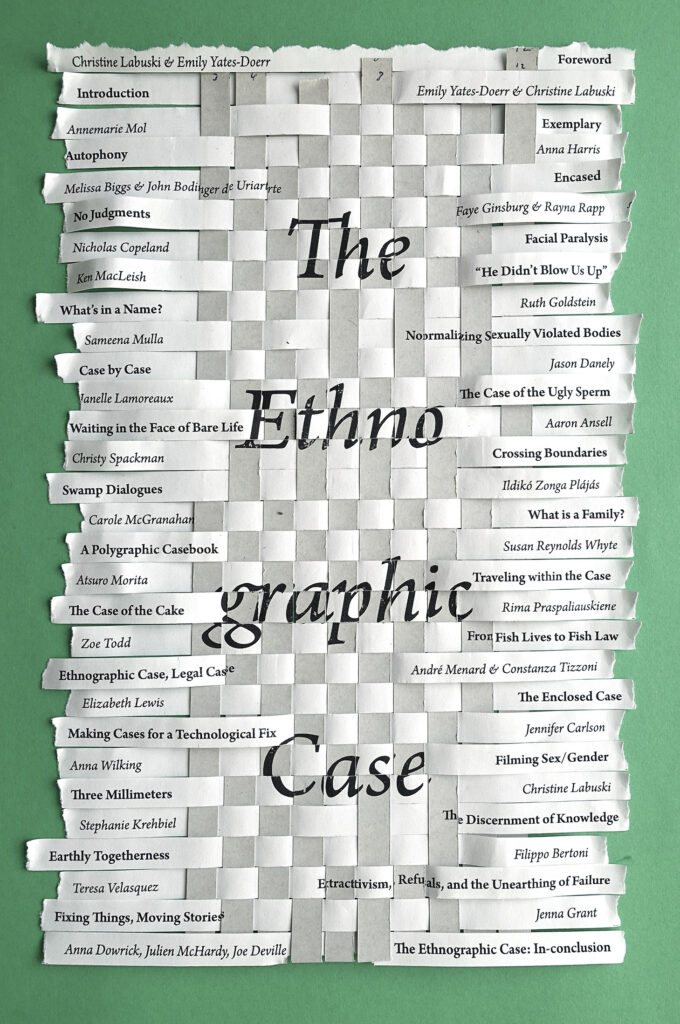
The 1st Edition of The Ethnographic Case, published in 2017, was an experiment in post-publication peer review, with the book published online and open to comments from readers. In this new 2nd edition the editors and authors have updated the text, both in response to these comments and taking into account changing contexts in the years since the book’s first publication. This edition, including a new introduction and conclusion, is not only available free to read online, but also to purchase as a hard copy.
Books published in the past three years
Mattering Press has published eight books in the past three years, as shown below.
Table 1: Output, April 6th 2023 – April 5th 2024
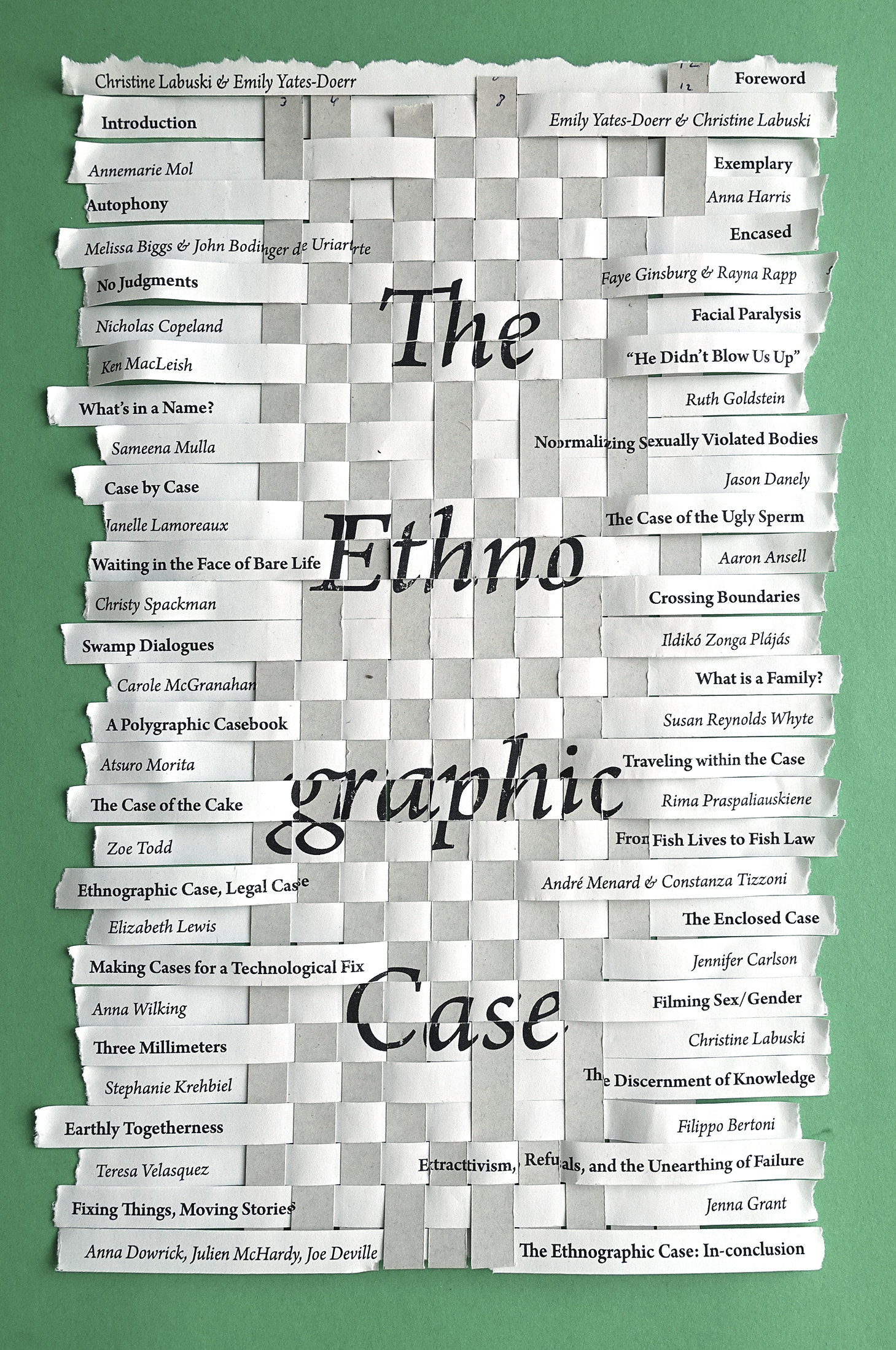 | 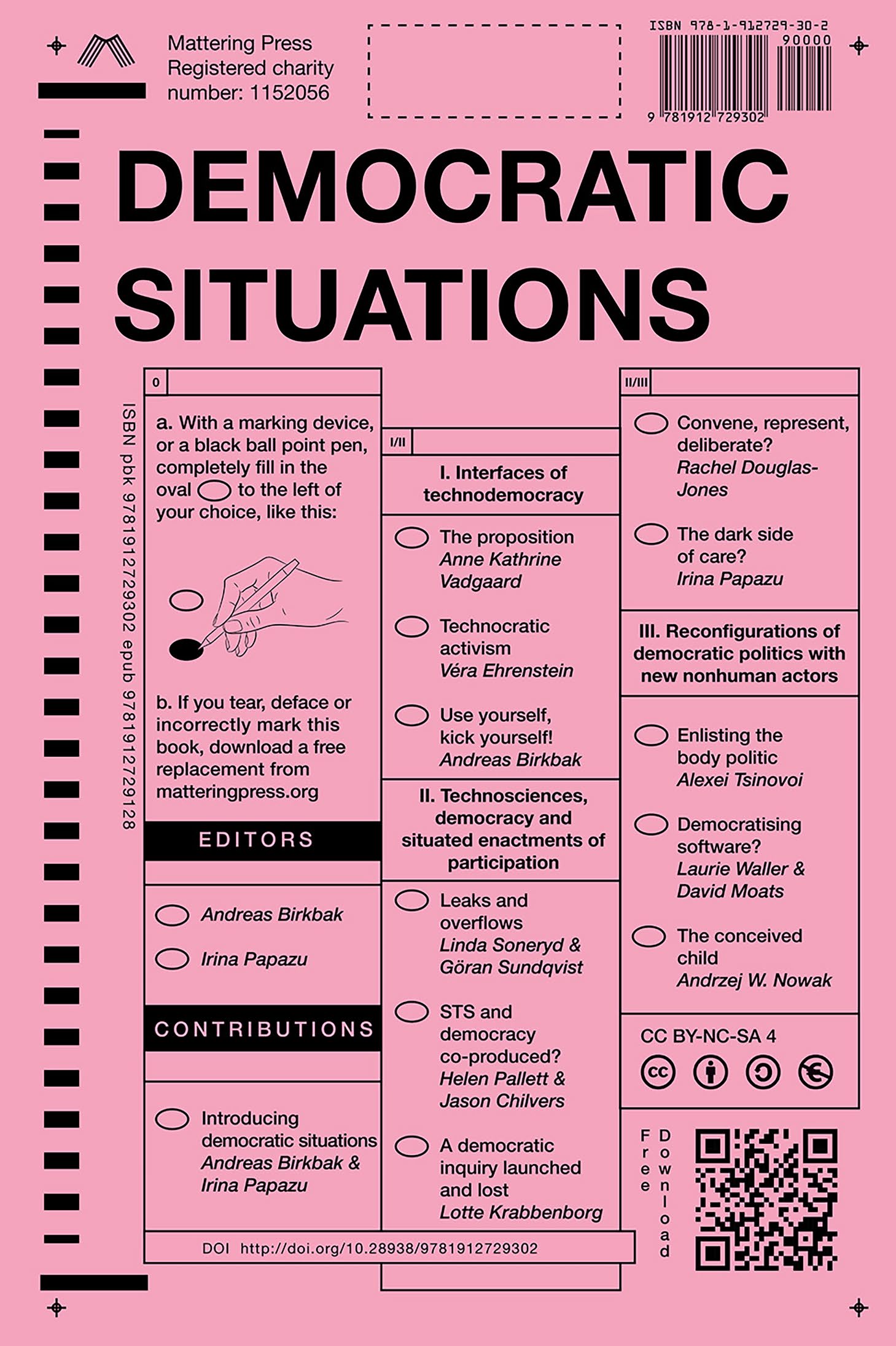 |  | 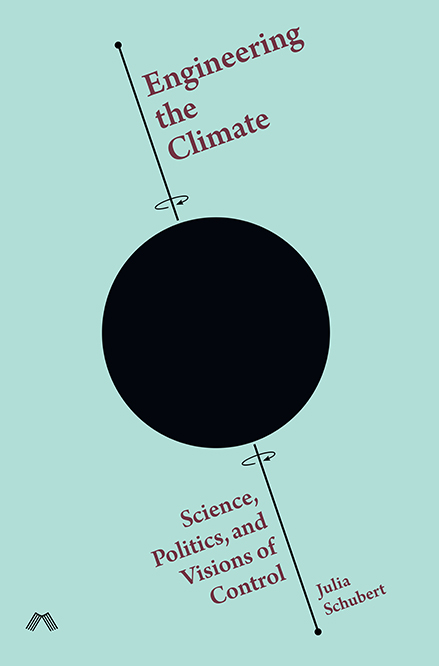 |  | 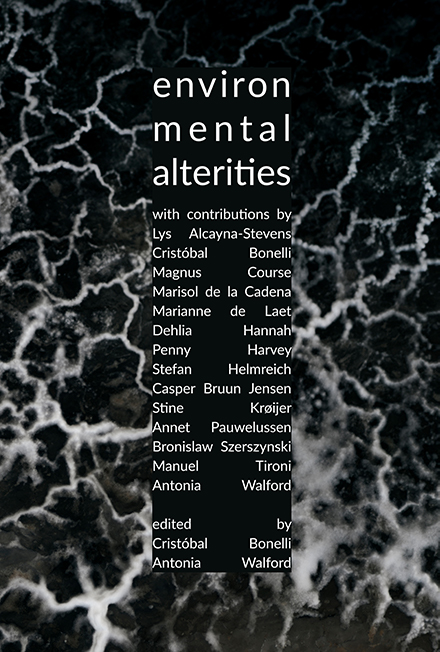 |  | 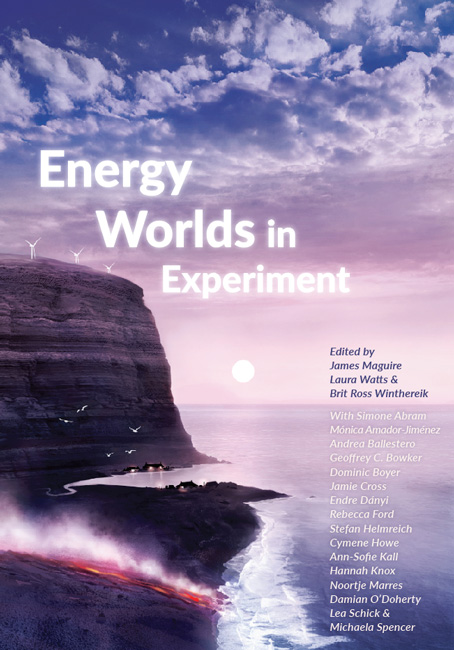 |
| The Ethnographic Case (2nd Edition) | Democratic Situations | Concealing for Freedom | Engineering the Climate | With Microbes | Environmental Alterities | Sensing In/Security | Energy Worlds in Experiment |
| 11-2023 | 05-2022 | 04-2022 | 12-2021 | 10-2021 | 10-2021 | 08-2021 | 04-2021 |
Forthcoming publications
Mattering Press has a number of publications forthcoming. This includes:
Homo Textor: Weaving as (Technical) Mode of Existence
Edited by Ellen Harlizius-Klück, Giovanni Fanfani, Annapurna Mamidipudi and Alex McLean
Trials of Value
Claes-Fredrik Helgesson and Francis Lee
Predictions (3 volumes)
Edited by Mél Hogan, Stefan Laser and Edward Ongweso Jr.
Technoscientific Globalisation from Below
Edited by Mathieu Quet, Koichi Kameda, Jessica Pourraz and Yves-Marie Rault-Chodankar
Hear Here: Spatial Practices
Nirmal Puwar
Finances & accounts
A major development this year has been the full launch of Mattering Press’ Supporter Programme on the Open Book Collective. This is a new departure for the press. Previously, like many small open access book publishers, the press has been almost wholly reliant on income from book production fees, to support its work. While we try to levy these fees in ways that are mindful of the inequities of such funding models, as we describe, we have always recognised that charging book production fees is not a long term solution to the challenge of how to sustain open access book publishing.
With the launch of this supporter programme, university libraries have the opportunity to provide financial support to the press for its open access publishing work, in exchange for benefits including an annual report and public acknowledgement. This financial model is key to press’ aim to become fully financially self-sustaining and less reliant on the charging of publishing fees.
In this financial period, contributions from supporting institutions generated over £4,000 in income, as shown in our separate accounts. While this is still less than a single book publishing fee of £6,000, this accounted for over 40% of our income between the 6th April 2023 and the 5th April 2024.
Table 2: Distribution of of Mattering Press income, April 6th 2023 to April 5th 2024
| Type of income | £ | Proportion |
| Publishing fees | 854 | 8% |
| Supporter programmes | 4,447 | 41% |
| Individual donations | 104 | 1% |
| Sales | 5,511 | 50% |
| Total | 10,915 |
This new income stream has had an immediate effect. For most of its existence, the day to day work of running Mattering Press has been undertaken by the press’ now seven Editors and Trustees. This work is voluntary and unpaid. It has been, and continues to be supplemented by paid work undertaken by external contractors, such as Tetragon, which provides typesetting services, and our talented group of copy editors and proofreaders.
However, in March 2024 we were delighted to welcome Mattering Press’ first ever employee: Jennifer Horsley, who works as our Publishing Project Manager. One of our Trustees, Joe Deville, has written about how much of a revelation it has been to have Jennifer on the team. Jennifer helps support our production workflow, as well as undertaking a range of back office activities, all of which have helped improve the way we work and engage with current and prospective authors. We simply would not have had the financial security without the new income stream from the Open Book Collective.
We would therefore like to take the opportunity to sincerely thank both the Open Book Collective and all our supporting institutions for helping support a more sustainable future for small open access, scholar-led publishers such as our own.
Readers are welcome to download our 2023-2024 accounts:
Activities & community engagement
Our Trustees were involved in a range of activities during the period in line with the press’ mission to support open access publishing in and related to STS.
A particularly important event of the year for the press’ Trustees was a workshop we convened in Wavre, Belgium. The aim of the workshop was to discuss publishing futures, including, crucially, the futures of the press itself. The event brought together almost all of the press’ Trustees in person for the first time in many years, including Endre Dányi, Joe Deville, Anna Dowrick, Natalie Gill, Julien McHardy, and Michaela Spencer.
Amongst many other topics, we discussed what the press’ efforts and energies should be focused on, and how, practically, to sustain our work. One of the key outputs of these conversations was a shared agreement that the press’ future depended on having additional support in the form of a Publishing Project Manager. As discussed above, this was to materialise later in the year with Jennifer Horsley joining the team. More generally, we left the workshop with a renewed commitment and conviction that Mattering Press .. matters.
Julien McHardy was centrally involved in the successful launch, in December 2023, of the Experimental Publishing Compendium. This resource “gathers and links tools, examples of experimental books, and experimental publishing practices with a focus on free and open-source software, platforms, and digital publishing tools that presses and authors can either use freely or can adapt to their research and publishing workflows”. We very much support this resource, and encourage others to use it, to further embed experimental publishing practices within the scholarly system.
Julien also continued to advance the work of ScholarLed, a collective of seven small academic-led open access publishers. This includes regular ‘salons’ aimed at sharing resources and information amongst participating publishers. During this period, this includes sessions on topics such as metadata management and fair use/fair dealing.
Joe Deville began his work leading a new project to support diamond open access publishing, supported by Arcadia and Research England. This project will further develop infrastructures and workflows for supporting open access books, as described in the project press release. This includes working to ensure the financial sustainability of the Open Book Collective, which he leads as Managing Director, as well as contributing to the associated Copim community.
Joe also introduced the work of the press in September 2023 at a ‘Meet the Publishers and Authors’ session at the AsSIST-UK (UK Association for Studies in Innovation, Science and Technology) biannual conference at Manchester University. Mattering Press also set up a stand in the main hall.

Metrics & impact
As a small press, we do not currently have the capacity to provide reliable quantitative measures of the impact of our books in terms of usage. This is something we are, however, continuing to work on with our partners in the Copim community.
We are able, however, to provide some indicative citation statistics for our books (via Google Scholar, 5th February 2025). For edited collections, this includes citations only for the book as a whole.
Mattering Press books have achieved a total of 696 citations to date. This is broken down as follows:
The Ethnographic Case (2nd Edition)
Edited by Emily Yates-Doerr and Christine Labuski
Publication year: 2023
Citations: 4
Democratic Situations
Edited by Andreas Birkbak and Irina Papazu
Publication year: 2022
Citations: 20
Concealing for Freedom
Ksenia Ermoshina and Francesca Musiani (Foreword by Laura DeNardis)
Publication year: 2022
Citations: 22
Engineering the Climate
Julia Schubert
Publication year: 2022
Citations: 10
With Microbes
Edited by Charlotte Brives, Matthäus Rest and Salla Sariola
Publication year: 2021
Citations: 38
Environmental Alterities
Edited by Cristóbal Bonelli and Antonia Walford
Publication year: 2022
Citations: 2
Sensing In/Security
Edited by Nina Klimburg-Witjes, Nikolaus Poechhacker & Geoffrey C. Bowker
Publication year: 2021
Citations: 19
Energy Worlds in Experiment
Edited by James Maguire, Laura Watts & Brit Ross Winthereik
Publication year: 2021
Citations: 17
Boxes: A Field Guide
Edited by Susanne Bauer, Martina Schlünder, Maria Rentetzi
Publication year: 2020
Citations: 17
An Anthropology of Common Ground
Nathalia Brichet
Publication year: 2018
Citations: 11
Ghost-Managed Medicine
Sergio Sismondo
Publication year: 2018
Citations: 148
Inventing the Social
Edited by Noortje Marres, Michael Guggenheim, Alex Wilkie
Publication year: 2018
Citations: 143
Energy Babble
Andy Boucher, Bill Gaver, Tobie Kerridge, Mike Michael, Liliana Ovalle, Matthew Plummer-Fernandez, and Alex Wilkie
Publication year: 2018
Citations: 18
Modes of Knowing
Edited by John Law, Evelyn Ruppert
Publication year: 2016
Citations: 100
Imagining Classrooms
Vicki Macknight
Publication year: 2016
Citations: 9
On Curiosity
Frank Cochoy
Publication year: 2016
Citations: 37
Practising Comparison
Publication year: 2016
Citations: 81
Governance
Mattering Press is a Charitable Incorporated Organisation (CIO) whose only voting members are its charity trustees. The charity trustees are also the General Editors for the Press. The Editors, or the Board of Trustees meet quarterly to administer the business of the Press. All decisions are brought to the board either via email or during meetings. Trustees each have a portfolio that they are responsible for administering.
In the event of a retiring trustee, the board will meet to discuss the skill requirements needed to fill the position. In selecting individuals for appointment as charity trustees and Editors, the board has regard for the skills, knowledge and experience needed to administer the CIO.
Nominations for the new Trustee may come from the Board or the wider STS community. The Editors will vote to accept new applications at a General Meeting. New trustees are then inducted into charity business at their first Trustees meeting. During this meeting they are briefed about their legal obligations under charity law, the Charity Commission guidance on public benefit, the Mattering Press Constitution, the committee and decision-making processes, the business plan and recent financial performance of the charity. The work of administering the charity is supported by the press’ two Advisory Boards.
Reference and administration details
Charity Number: 1152056
The Trustees that have served during the financial year here reported and until the date this report was approved are as follows:
- Uli Beisel, Freie Universität Berlin, Germany
- Endre Dányi, Bundeswehr University Munich, Germany
- Joe Deville, Lancaster University, Lancaster, UK
- Anna Dowrick, Oxford University, UK
- Julien McHardy, Studio, Amsterdam, Netherlands
- Michaela Spencer, Charles Darwin University, Australia
- Natalie Gill, University of West England, Bristol, UK
There have been no changes in Trustees over the period.
This report was approved on 5 February 2025 by Uli Beisel, Endre Dányi, Joe Deville, Anna Dowrick, Natalie Gill, Julien McHardy, and Michaela Spencer.